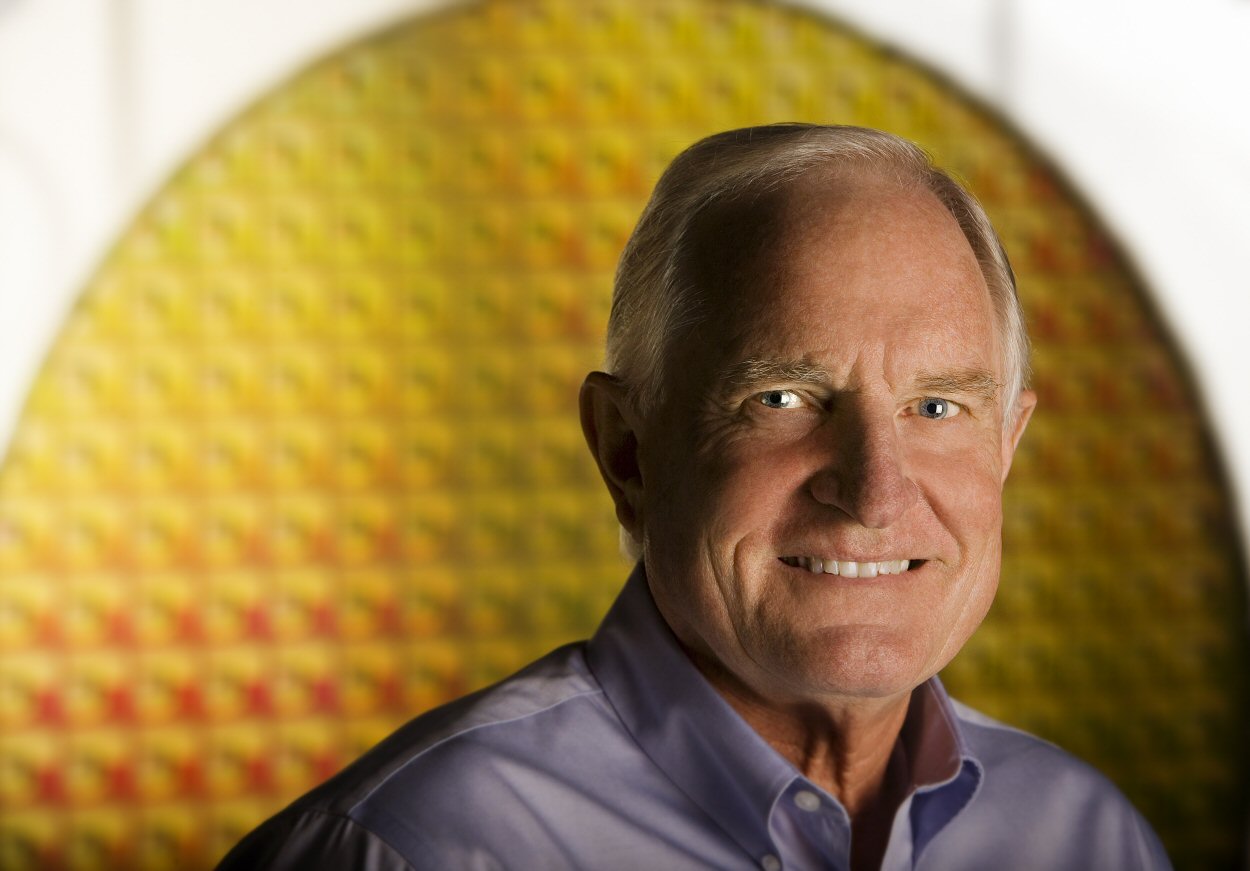Tech firms tackle third-world poverty
Aiding development through UN programme

US technology companies have been meeting with UN representatives in Silicon Valley to see how they can aid projects in the developing world.
The summit was organised by Intel in conjunction with the UN's Global Alliance for Information and Communications Technology and Development ( UN GAID ). The aim is to improve healthcare, education, trade and help governments to better use technology through the rolling out of low-cost broadband.
"In the information and communication field, the melding of markets and social responsibility is bringing to life new solutions to age-old problems like poverty, disease, hunger and illiteracy," said GAID executive director Sarbuland Khan.
The UN is keen to garner support for its programmes from large technology firms looking to invest to help reduce poverty and subsequently become key players in the new markets. Intel is a key force here.
"GAID was formed last year to partner with private industry and NGOs [Non-Governmental Organisations] to accelerate access to computers [and] improve entrepreneurship, education, healthcare and government services," enthused Intel's chairman Craig Barrett, who also chairs the GAID organisation.
Barrett has previously travelled to developing countries to explore how technology is being used in lesser developed nations.
"This summit is designed to foster collaboration and, more importantly, create action," said Barrett. "It's what the world needs and governments want for their citizens. It's the right thing to do and makes business sense."
Get daily insight, inspiration and deals in your inbox
Sign up for breaking news, reviews, opinion, top tech deals, and more.
Representatives from more than 30 countries attended the summit, meeting with more than 100 Silicon Valley technology executives, venture capitalists and academics.
Barrett asked attendees to support GAID's initiatives. One of the main projects is to bring broadband connectivity to Africa along with community computer centres.
Intel already runs an initiative called the Intel World Ahead Program. It aims to extend computer access with broadband to a billion more people than currently have it, as well as training nine million more teachers in the developing world. Intel also says it is working with 60 governments to make computers more affordable.
Dan (Twitter, Google+) is TechRadar's Former Deputy Editor and is now in charge at our sister site T3.com. Covering all things computing, internet and mobile he's a seasoned regular at major tech shows such as CES, IFA and Mobile World Congress. Dan has also been a tech expert for many outlets including BBC Radio 4, 5Live and the World Service, The Sun and ITV News.